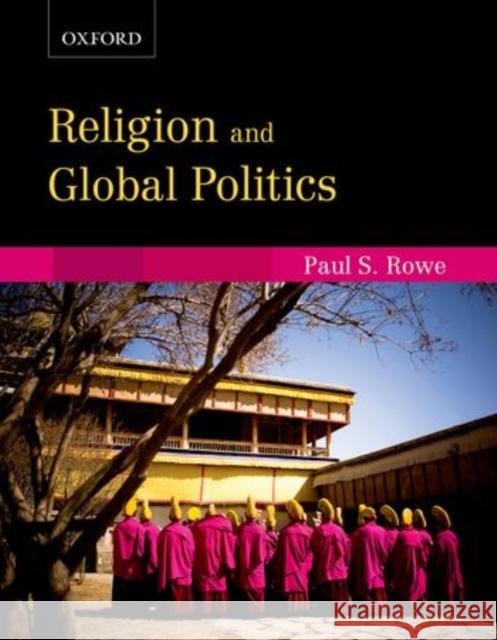Religion and Global Politics » książka
Religion and Global Politics
ISBN-13: 9780195438123 / Angielski / Miękka / 2012 / 296 str.
The only text of its kind, Religion and Global Politics highlights the potency and enduring nature of religion in global politics and asks students to consider religion as a serious motivator of political desire. Offering a balanced and objective perspective, Part I examines a variety of faith perspectives including Christianity, Roman Catholicism, Hinduism, Judaism, and Islam. It presents carefully selected case studies that introduce students to the empirical and theoretical questions underpinning religion and politics in the United States, Europe, India, East Asia, and Latin America, at both the domestic and international level. Part II uses essential concepts to explore the role that religion plays in the construction of global order and the ways in which religious groups affect the political process in contemporary societies in terms of human rights, war and peace, conflict resolution, and globalization. An accessible introduction to the text provides students with context, laying out the history of religion in global politics and the theories that unite and divide political scientists. A conclusion encourages students to apply what they have learned by discussing the future of religion in global politics.
Designed for undergraduate students, Religion and Global Politics incorporates pedagogical tools including bolded key terms, chapter-review questions, boxed inserts, chapter conclusions, additional sources, web resources, and a glossary. FEATURES: Interdisciplinary perspective: The only book that intentionally caters to undergraduate students in religious studies, political science, sociology, and international relations Balanced perspective: Motivates students to think critically about the subject and form their own world views Practical context: Case studies bring the issues to life, helping students to contextualize theories with examples from real situations Thought-provoking treatment: Encourages students to engage with theories and concepts and to think about the permanent role that religion plays in politics, even in secular states










